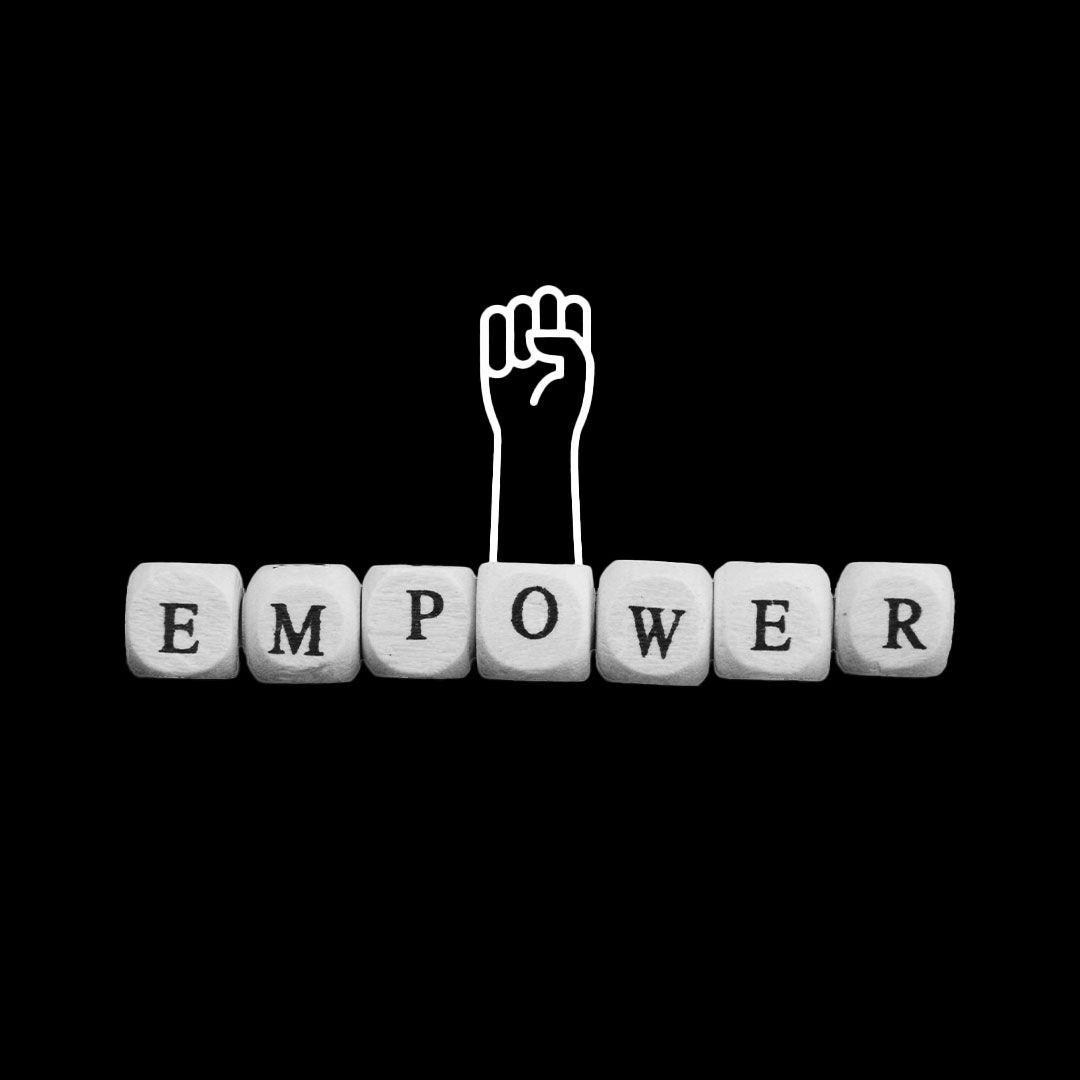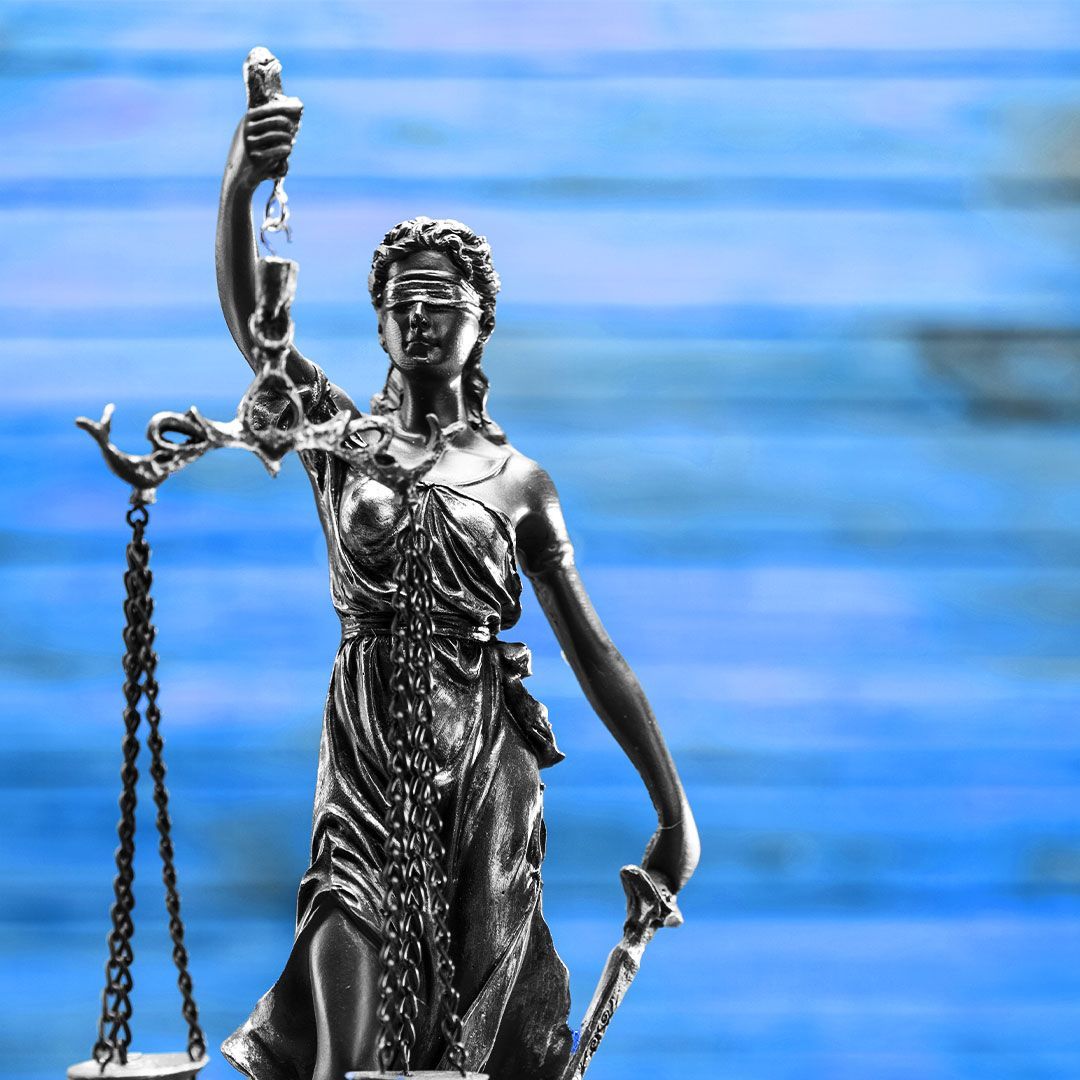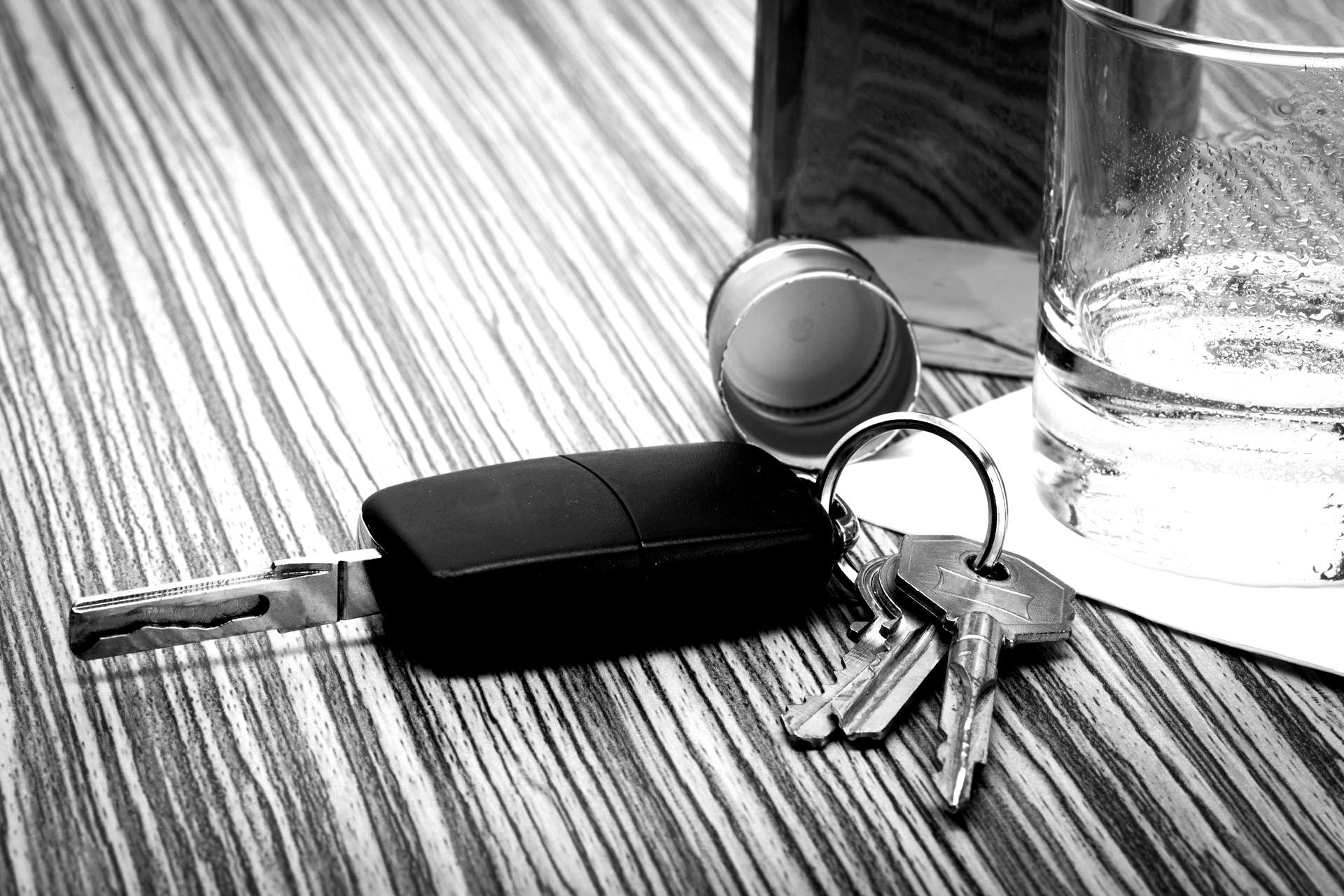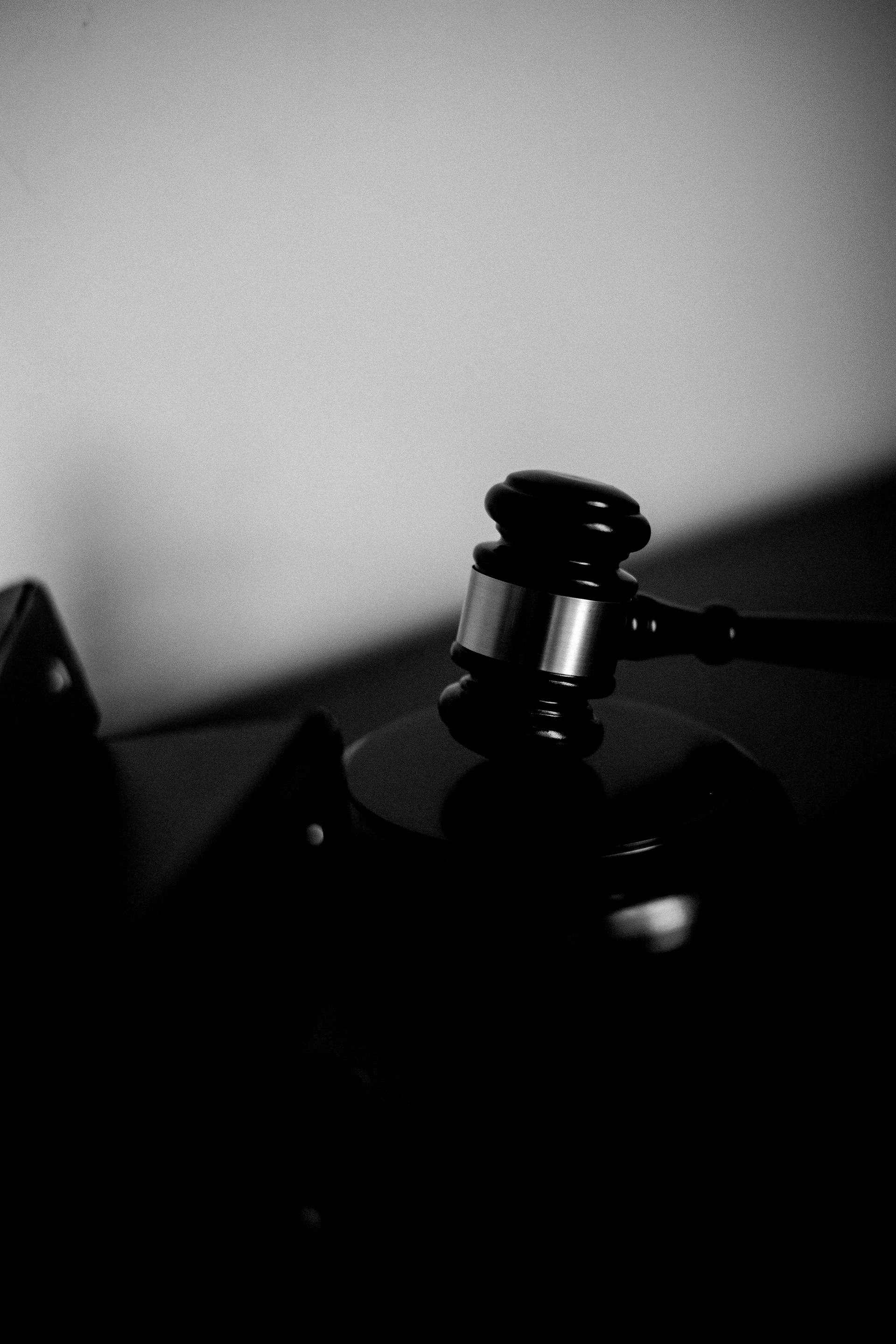Restoring Your Firearm Rights: Understanding the Path Forward
For many Americans, the right to bear arms is more than a constitutional guarantee — it’s a fundamental part of citizenship, self-defense, and personal liberty. However, when a felony conviction enters the picture, those rights can be swiftly and significantly curtailed.
If you have lost your firearm rights due to a conviction, you may be wondering: Is there a way back?
The answer is yes — but the path to restoring federal firearm rights is complex, nuanced, and often misunderstood. Let's break it down.
Federal Firearm Disabilities: How Rights Are Lost
Under federal law, individuals convicted of a felony offense are generally prohibited from possessing firearms or ammunition. This prohibition stems mainly from the Gun Control Act of 1968, which aims to keep firearms out of the hands of individuals deemed dangerous to public safety.
In addition to felonies, certain misdemeanor convictions (particularly for domestic violence offenses) and other factors — such as dishonorable military discharge or mental adjudications — can trigger a federal firearm disability.
Once imposed, this prohibition is broad: owning, using, or even touching a firearm could constitute a new federal offense, carrying significant prison time.
Pathways to Restore Federal Firearm Rights
Despite the severity of these restrictions, there are avenues for restoring your firearm rights — though they are not always easy to pursue.
1. Presidential Pardon
The most direct and definitive method of restoring federal firearm rights is obtaining a presidential pardon. A pardon essentially forgives the underlying conviction and removes the corresponding civil disabilities, including the loss of firearm rights.
However, presidential pardons are exceedingly rare. The application process is rigorous, and successful petitions are few and far between. The U.S. Department of Justice's Office of the Pardon Attorney oversees the process, and applicants must generally demonstrate extraordinary rehabilitation and a compelling need for relief.
2. Relief Under 18 U.S.C. § 925(c) — A Frozen Pathway
Congress originally allowed individuals to seek relief through the Bureau of Alcohol, Tobacco, Firearms, and Explosives (ATF) under
18 U.S.C. § 925(c).
This provision authorized the ATF to investigate and, where appropriate, restore an individual’s firearm rights.
Unfortunately, since 1992, Congress has defunded this avenue, preventing the ATF from processing or granting these applications.
Thus, while this law technically remains on the books, it is not currently a practical option for relief.
State-Level Restoration and Its Federal Impact
In some cases, the restoration of firearm rights at the state level can impact federal prohibitions.
The Department of Justice recognizes that if a person’s civil rights — such as the right to vote, hold public office, and serve on a jury — have been fully restored by a state after conviction, federal firearm prohibitions may no longer apply under 18 U.S.C. § 921(a)(20).
However, there are critical caveats:
Nature of the conviction: Certain serious offenses may still trigger federal restrictions even after state restoration.
State law matters: If the state restoration specifically excludes firearm rights, federal disability continues.
No restoration for certain crimes: Convictions for crimes involving domestic violence are treated differently under federal law and often require separate analysis.
Thus, while a state expungement, pardon, or set-aside of a conviction can lead to federal relief, it is not automatic. Careful legal review is essential.
Why Legal Counsel Is Essential
Restoring firearm rights is not a "DIY" process.
The laws involved are layered, technical, and full of potential pitfalls. A misstep could not only result in denied relief — it could also expose you to serious criminal liability.
- An experienced criminal defense attorney can:
- Analyze your eligibility under state and federal law
- Guide you through pardon or expungement applications
- Ensure you are fully compliant before attempting to possess a firearm
- Advocate on your behalf during administrative and judicial proceedings
At Fortitude Law PLLC, we are committed to helping individuals reclaim their rights and rebuild their futures with confidence and integrity.
Hope Is Not Lost
Losing your firearm rights can feel like losing a piece of your freedom.
But with the right legal guidance and a thorough understanding of the law, restoration is possible.
Whether through a presidential pardon, state-level relief, or strategic litigation, there may be a way forward for you.
Don't navigate it alone. Let a skilled advocate help you find your path back to full citizenship.
Need help restoring your firearm rights? Contact Fortitude Law PLLC today. Your future is worth fighting for.











